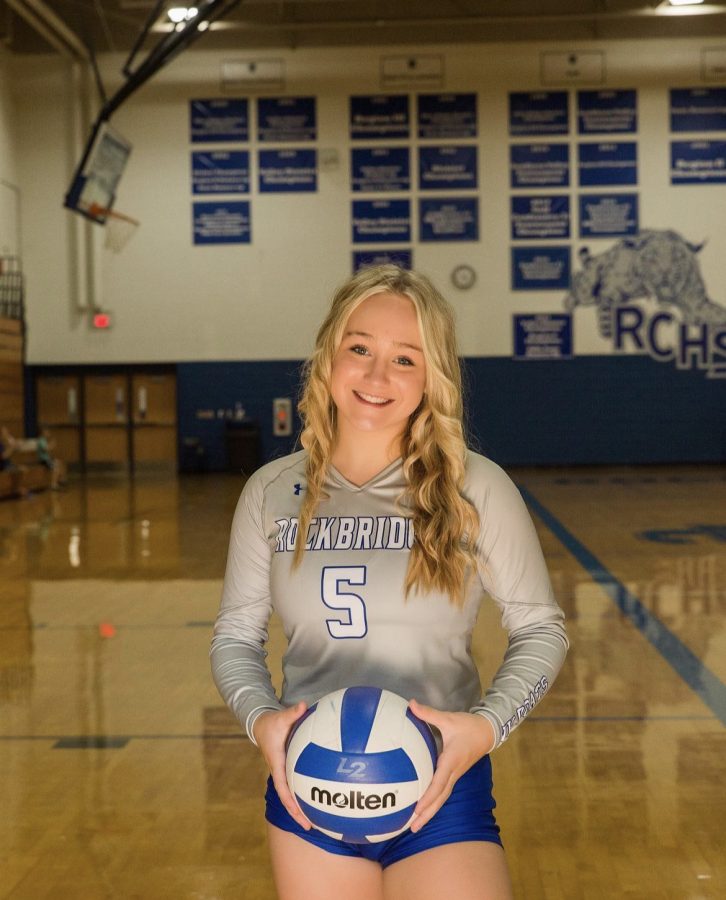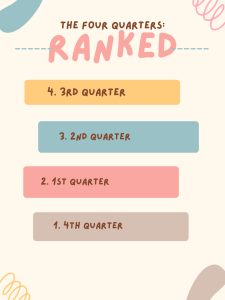The Mental Health Side of Being an Athlete
Sarah Clements poses for her volleyball poster picture her sophomore year.
November 9, 2022
Mental health is becoming such a big focus in the world today. People are realizing how important it really is and how certain things can really affect your mental health. One group that can be overlooked however, is student athletes. Ex-volleyball player senior Sarah Clements quit volleyball this past July because of her struggling mental health.
“I quit volleyball because of how hard it was hurting my mentality. I completely changed into someone I didn’t know because of my high anxiety and depression. No one seemed to care and it was just too hard to continue,” said Clements. “I began to spread Morgan’s Message because I really care about mental health and I want people to be okay, especially athletes because I know first hand how hard being a student-athlete is,”
Morgan’s Message is a mental health awareness group whose goal is to eliminate the stigma surrounding mental health inside student-athletes. They want to expand talking about mental health and normalize conversations about mental health in athletes. Morgan Rodgers, a Duke University Lacrosse player, created this group because she herself struggled with mental health and wanted to help other athletes and share her story.
Junior Halina Homiak has been playing lacrosse since she was a little girl.
“I know the struggles of being a student athlete. Knowing that you have so much on your plate can be extremely stressful and overwhelming and a hard thing to talk about. Especially as I am going through the recruiting processes right now that doesn’t make it any easier,” said Homiak.
There are places where athletes can get mental health help. Whether it is support groups like Morgan’s Message or talking to a coach or a parent. Colleges have sports psychologists and mentors just to keep up with their athletes.
“My best advice to any athlete struggling with mental health would be to go get help. Go talk to someone you trust. It is important to make sure you’re okay before anything else,” said Homiak.
If you are struggling with mental health or someone you know is struggling with mental health and you need to talk to someone, you can call The Warmline of Virginia and just have a conversation with a real person who will help. You can also visit mhanational.org








